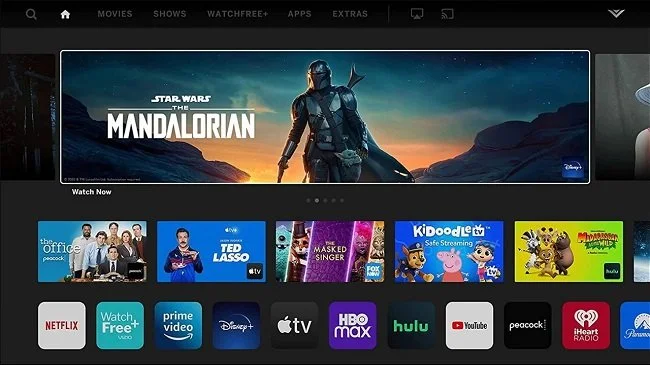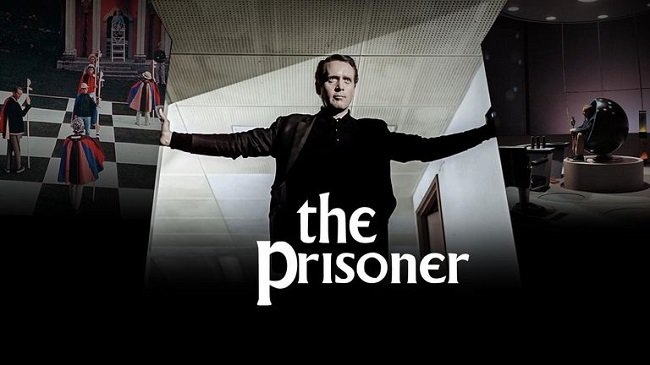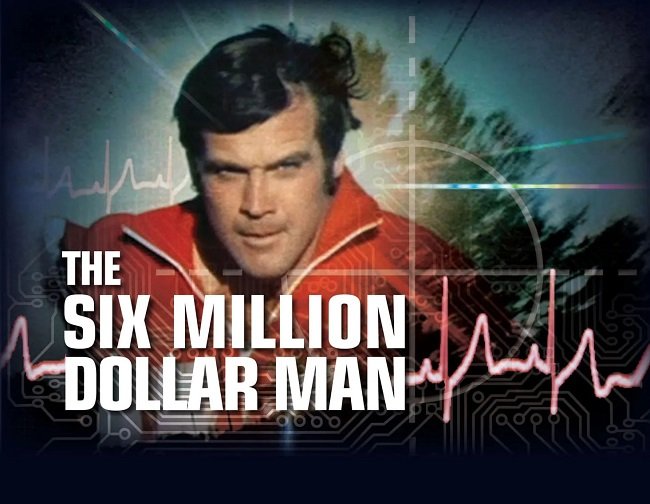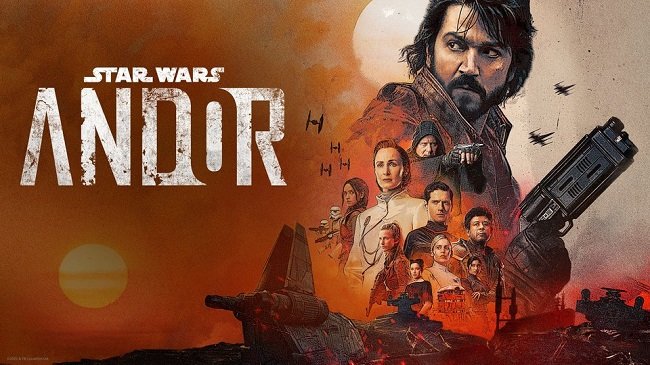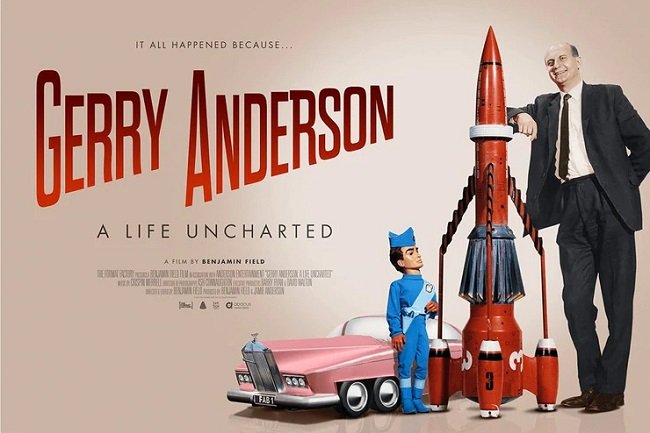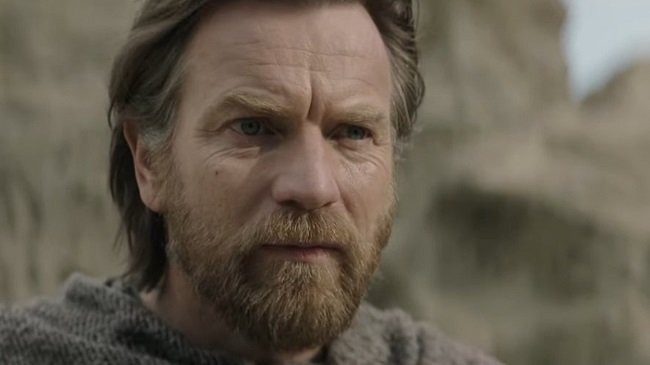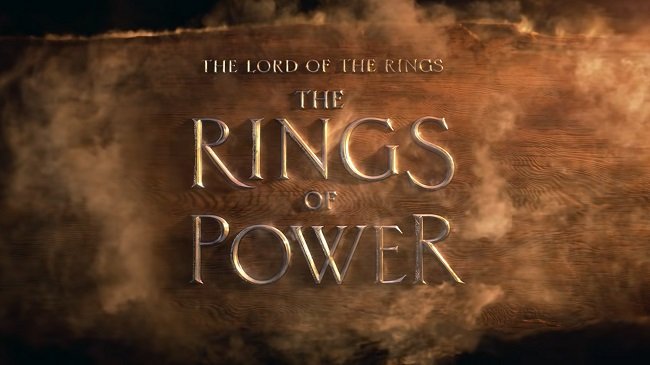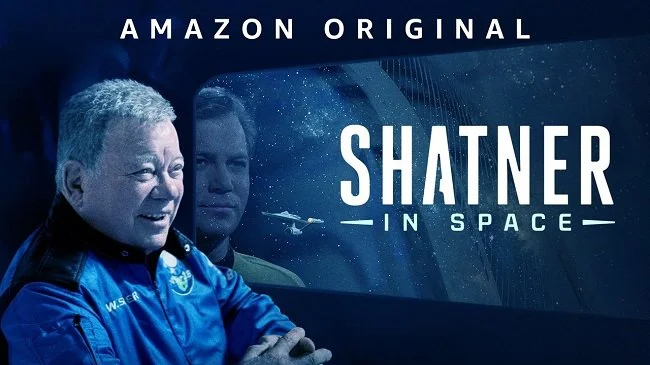Lost: Ten Years On
For those who may be unfamiliar with this particular example of cult television, Lost is an US drama television series that was originally broadcast on ABC from September 22, 2004, to May 23, 2010. The show ran for six seasons, comprising a total of 121 episodes. It was created by Jeffrey Lieber, J. J. Abrams and Damon Lindelof, containing elements of supernatural and science fiction. The story follows the survivors of a commercial flight flying between Sydney and Los Angeles, that crashes on a mysterious island somewhere in the South Pacific Ocean. The story is told in a heavily episodic manner. Each instalment would typically feature a primary storyline set on the island, augmented by flashbacks or flash forwards that provided additional insight into the various characters' backstories. Due to the convoluted plot and big production values, the show became a major talking point and fans became heavily invested in theories regarding the “plot”.
I watched 4 seasons of Lost before I gave up on the show. The intriguing premise and creative format was initially very entertaining. Just when you started to get a handle on the plot a new story element would wrong foot you and open up an entirely new narrative avenue to consider. It was also fun to discuss the show with others as it really was one of those rare cultural touchstones at the time. The cast was also very robust featuring solid character actors such as Terry O’Quinn and Micahel Emerson. I warmed to one particular character, Charlie Pace (Dominic Monaghan), who played a rock star whose fame had been usurped by his own brother and band member. And then there were the hints at the underlying nature of the island that the cast were stranded on. Was it some sort of temporal anomaly? Or was this a sinister corporate experiment? It all seemed to work so well at first.
But then there reached a point (at least from my perspective) when the stories were deliberately taking a “one step forward, two steps back” approach. Plot elements were being continuously added, along with contrived new genre themes and yet the story didn’t seem to be advancing. What started as a pleasing conundrum tipped into becoming an exercise in frustration. And it was roundabout the end of the fourth season with its multiple story threads set in the future, that I realised that this wasn’t a TV show with a well planned, longterm story arc but something the production team were tackling as they went forward. By that time there was quite a lot of information about the show productions in the public domain and it was clear that the core writing team were effectively “making it up as they went along”. Not only did this disappoint me but on some level I felt I was being conned.
Sometimes it can be very satisfying and even cathartic to give up on a TV show. Especially one which has a “buzz” surrounding it. On occasions it can even feel like you’re obliged to watch something or else you’ll be left standing on the periphery of some ongoing social event. I felt that way about Game of Thrones, which I ditched after two seasons. I just didn’t like the way the show attempted to manipulate its viewers. As for Lost, walking away from it felt like the right thing to do. I suspected that the show would never be able to produce a satisfactory conclusion and it would appear that the final episode polarised audiences at the time and is still hotly debated today. Don’t get me wrong, I’m not a fan of being spoon fed stories and I’m happy to countenance experimental and thought provoking content. But there’s a difference between such things and being deliberately misled by the smug and self indulgent. I still view Lost as a stunt a decade on. Curiously enough I still enjoy the bogus rock song by the fictional band Driveshaft, “You All Everybody”. It’s the one thing from the show that does’nt have any negative connotations for me.







